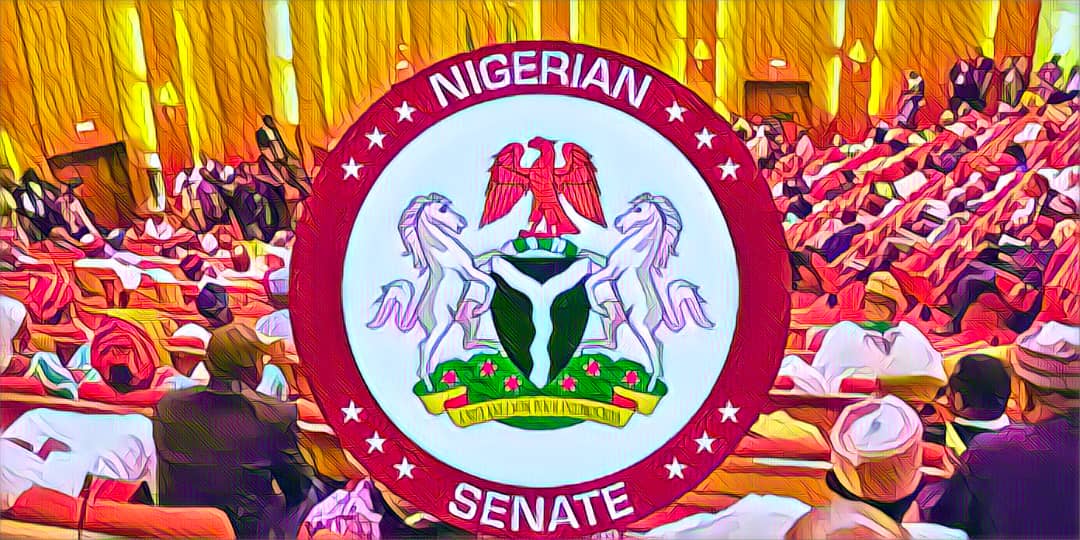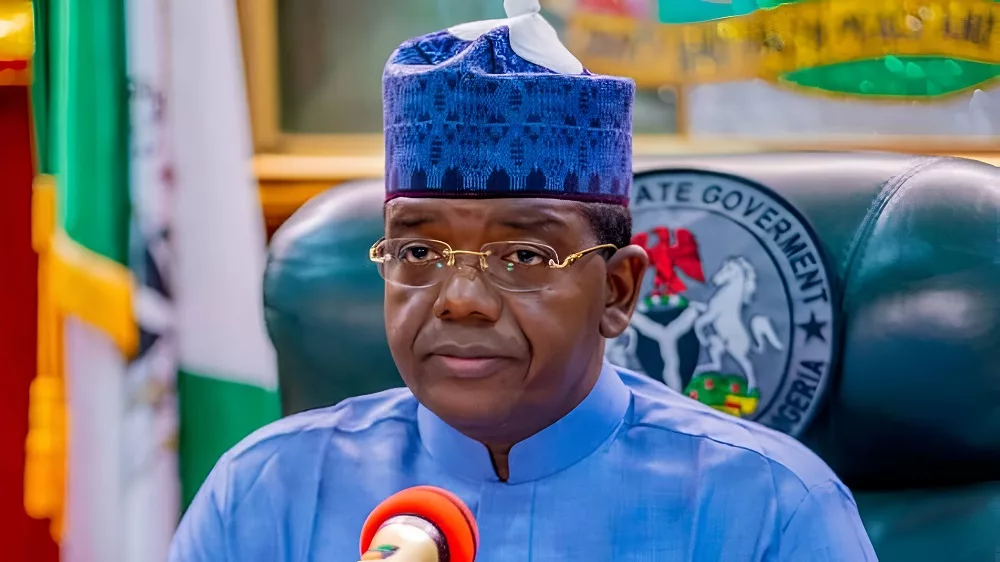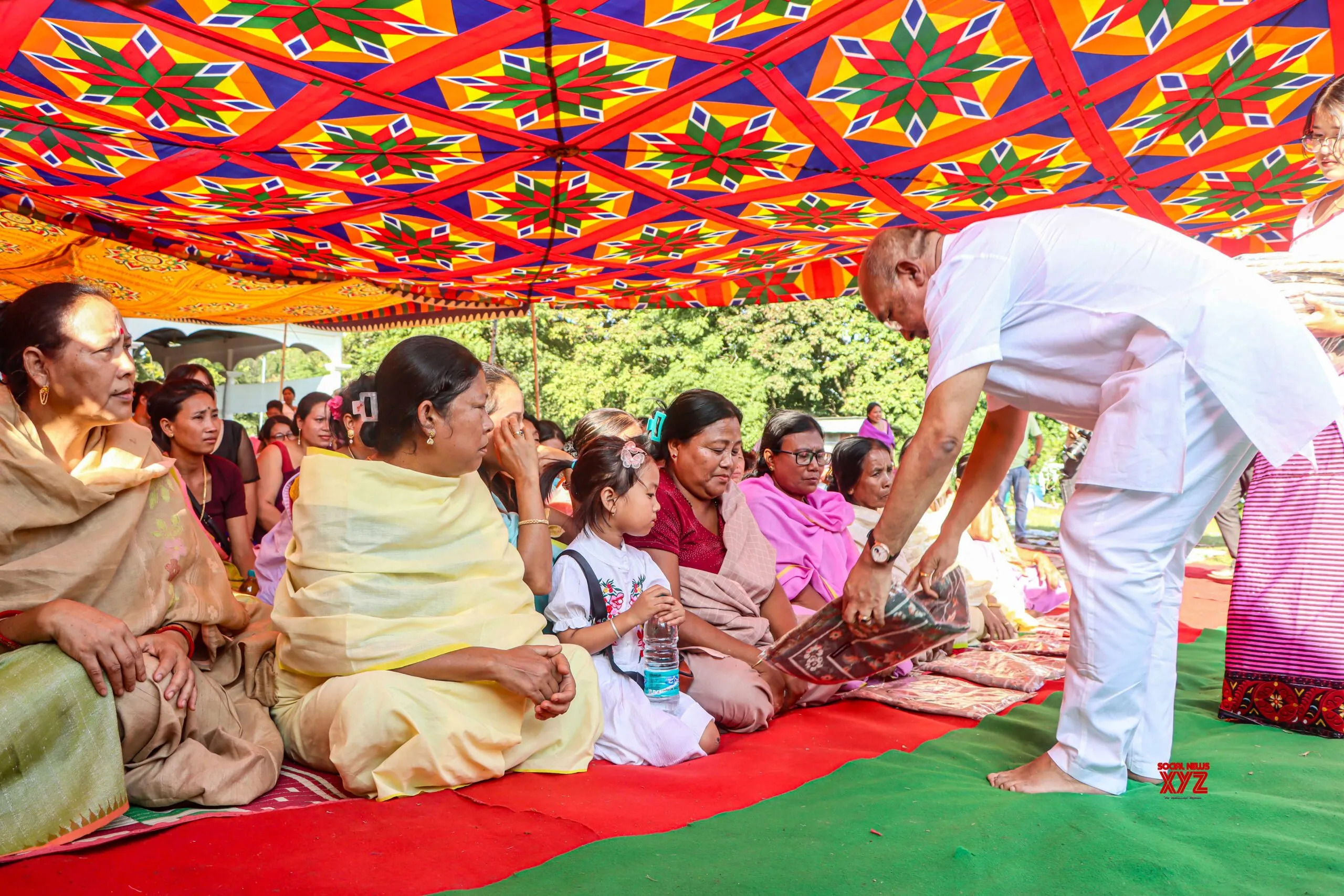Copyright tribuneonlineng

The Chairperson of the Senate Committee on Health (Secondary and Tertiary), Ipalibo Banigo, has called for increased investment in vaccines to safeguard the health and future of Nigerian children. Speaking at a consultative workshop titled “Why Invest in Immunisation?” on Thursday in Abuja, Banigo emphasised that spending on vaccines translates directly to investing in the nation’s future. She commended Civil Society Organisations for their continued support of health advocacy, community engagement, and accountability in public health financing, noting that their partnership has been vital to advancing evidence-based health policies. The Senator represented by her Senior Legislative Aide, Barr. Irene Ominike Odisaba made disclosure during her goodwill message at the Consultative Workshop on the theme “Why Invest in immunisation? – From the Lens of Civil Society Organizations (CSOs) held in Abuja on Thursday. She said, “Civil Society Organisations have remained strong support to my office in driving evidence-based advocacy, community engagement, and accountability for health investments. “Your commitment ensures that health financing remains not just a government priority but a shared responsibility rooted in the needs of our people. The Chairman stressed that investing in vaccines is investing in our nation’s future as the Committee will continue to value the insights CSOs bring to policy dialogues, as they help shape stronger, people-centered decisions. Dr Banigo commend the Vaccine Network and other CSOs for sustaining this conversation and wish everyone productive deliberations. The Lawmaker tasked on the CSO to support and make their imputs that will support the ongoing national health amendment bill which aimed at ensuring quality health services delivery. While making her opening remark, The Founder and Chief Executive Officer of Vaccines Network for Disease Control (VNDC), Chika Offor, stressed that immunization remains one of the most cost-effective public health interventions, preventing diseases, reducing mortality, and contributing to healthier communities and a stronger economy. Offor expressed deep concern over the delay in the implementation of the 2025 budgetary allocation to immunization noting that only 25 percent of the funds was implemented in the 2024 budget. She said; “The problem we are having is not the low budgetary allocation to immunization in the health sector but the implementation strategy.” Offor stressed that immunisation is not optional but essential to child survival. “Delayed funding for immunisation programs puts millions of Nigerian children at risk—risk of diphtheria, meningitis, vaccine stockouts, and other preventable crises,” Offor cautioned. During his Presentation on the topic ” National Health Act (Amendment) bill. What it means for Nigeria, Barr. Eze Oyekpere stressed that the bill seems to increase the BHCPF resource based from 1 percent of consolidated Revenue fund of the Federal government to 2 percent of the same CRF. He stressed that the bill dedicated annual allocation for immunization to support routine and supplemental immunisation service to be used for the procurement of Vaccines and related logistics. Barr. Oyekpere lamented that matter raising from the bill is that there is no specific percentage or part of the funds was dedicated to issues in context being immunization. ” Ring fencing is still absence from whose portion of the BHCPF is that money coming from noting that the increased from 1 percent to 2 percent is still subject to the old sharing formula. According to him the amount dedicated will depend on lobbies and budget politics from year to year stressing that we need a bigger funds and pools for health to address plethora of issues and immunization is but one of this issues. The Country Coordinator, Global Health Advocacy Incubator, Prof. Emmanuel Alhassan reiterated that stakeholders have been engaging with the House of Representatives noted that strengthening domestic financing for immunisation was essential to reducing dependence on donor funding and achieving sustainable, equitable health outcomes. The highlights of the event were goodwill messages from other stakeholders, CSO and a panel discussion to fine-tune ways of improving access to immunisation.



